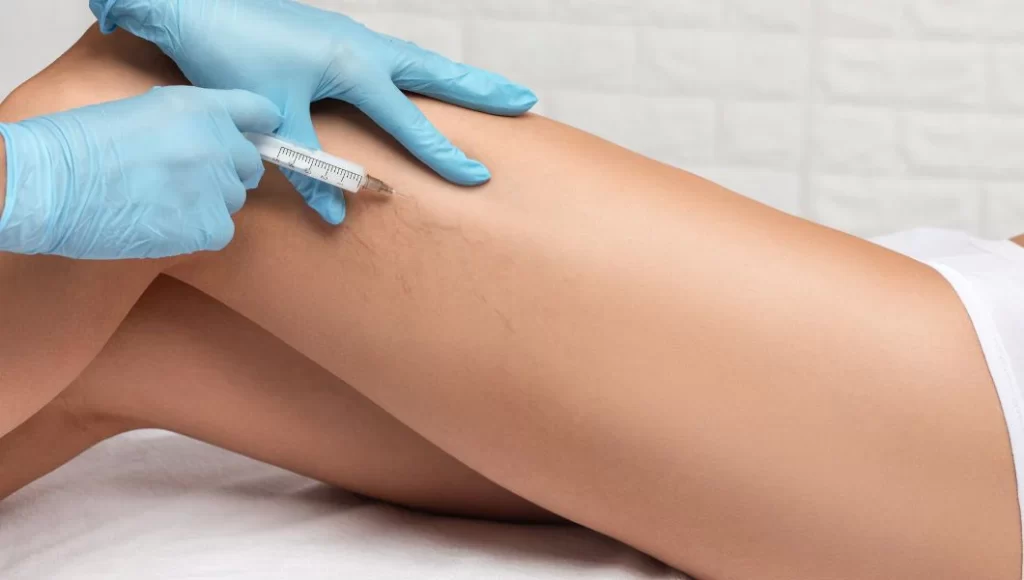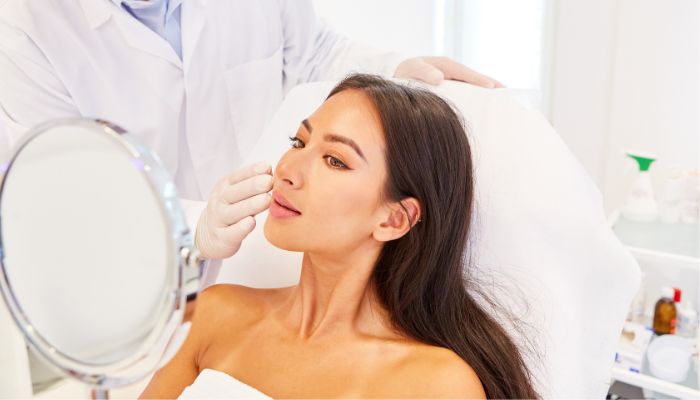Varicose veins, often a bane of discomfort and aesthetic concern for many, have seen remarkable advancements in treatment options over recent years. These bulging, twisted veins typically appear on legs and feet, caused by weakened valves and increased pressure in the veins. While once considered primarily a cosmetic issue, varicose veins can lead to pain, swelling, and even more serious complications if left untreated. Fortunately, modern medicine offers a range of innovative treatments that provide effective relief and improvement in both symptoms and appearance. One of the most widely adopted treatments is endovenous laser ablation EVLA. This minimally invasive procedure involves inserting a laser fiber into the affected vein, which emits laser energy to seal the vein shut. By closing off the faulty vein, blood is naturally rerouted to healthier veins, significantly reducing or eliminating the appearance of varicose veins and related symptoms. EVLA boasts high success rates and minimal downtime, making it a preferred choice for many patients seeking quick relief without major surgery. For those preferring an even less invasive option, sclerotherapy offers a compelling alternative. This technique involves injecting a special foam or solution directly into the varicose vein. The solution irritates the vein walls, causing them to stick together and eventually collapse.

Over time, the collapsed vein is reabsorbed by the body, improving both appearance and discomfort associated with varicose veins. Sclerotherapy is particularly effective for smaller varicose veins and spider veins, often requiring multiple sessions for optimal results. Another emerging treatment gaining popularity is radiofrequency ablation RFA. Similar to EVLA, RFA uses radiofrequency energy instead of laser energy to heat and close off the affected vein. VASC san antonio procedure is performed under local anesthesia and typically takes less than an hour, allowing patients to resume normal activities shortly after. RFA has shown comparable efficacy to EVLA and is considered particularly suitable for larger varicose veins. For those seeking non-thermal options, such as those with skin sensitivities or a preference for alternatives, VenaSeal may be an appealing choice. VenaSeal involves the use of a medical adhesive that is injected into the varicose vein, sealing it shut. This method avoids the use of heat or chemicals and has been shown to produce excellent outcomes with minimal discomfort.
Patients often appreciate the quick procedure time and lack of post-procedural bruising commonly associated with other treatments. In cases where traditional treatments may not be suitable or effective, ambulatory phlebectomy provides a specialized solution. This outpatient surgical procedure involves the removal of varicose veins through tiny incisions, typically performed under local anesthesia. Ambulatory phlebectomy is particularly effective for larger, more symptomatic varicose veins that do not respond well to less invasive methods. Beyond these treatments, lifestyle modifications such as regular exercise, maintaining a healthy weight, and avoiding prolonged periods of standing or sitting can help manage varicose veins and reduce their progression. Compression stockings are also recommended to improve circulation and alleviate symptoms. Whether opting for minimally invasive procedures like EVLA and sclerotherapy or considering advanced techniques such as RFA and VenaSeal, individuals suffering from varicose veins can now find relief with procedures that are both safe and efficient.

